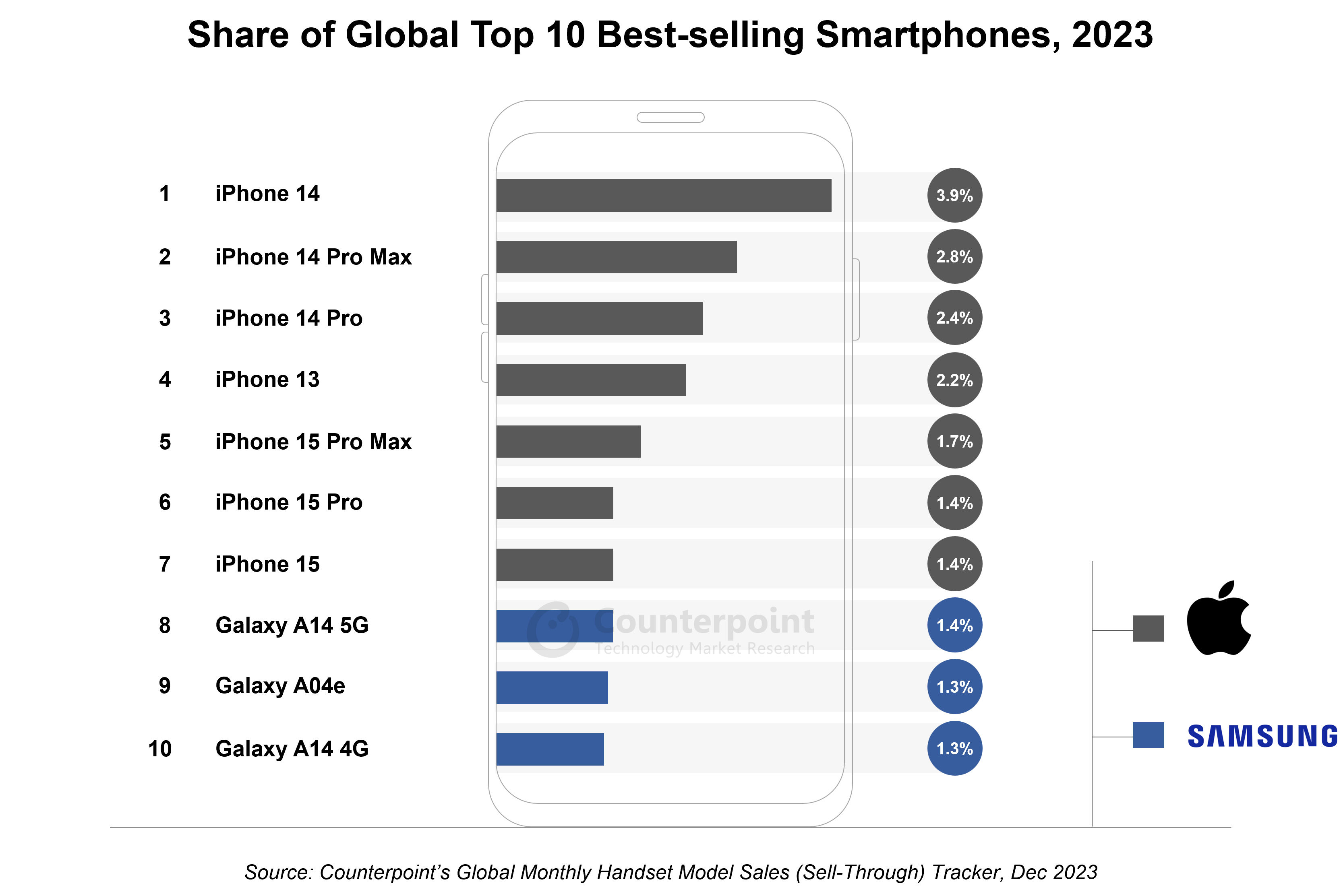Mastering Smartphone Keyword Tracking: A Comprehensive Guide
Detail Author:
- Name : Daphne Haag III
- Username : levi.oconnell
- Email : nils47@bogisich.info
- Birthdate : 1994-07-03
- Address : 318 Lupe Fall Suite 785 South Ewaldchester, OH 76249
- Phone : 1-815-456-0848
- Company : Nikolaus-Stokes
- Job : Budget Analyst
- Bio : Sunt fugiat omnis autem commodi. A et numquam necessitatibus autem voluptates consequatur. Similique ut qui voluptas doloribus ipsum tempora et sit. Vitae asperiores velit quaerat doloremque.
Socials
linkedin:
- url : https://linkedin.com/in/davidherman
- username : davidherman
- bio : Rem aut optio et inventore officiis autem.
- followers : 5002
- following : 893
twitter:
- url : https://twitter.com/david4574
- username : david4574
- bio : Et aut incidunt harum perspiciatis alias possimus. Ut ut nostrum qui ut reprehenderit. Mollitia laboriosam nam a est dolorem.
- followers : 3000
- following : 775
facebook:
- url : https://facebook.com/hermand
- username : hermand
- bio : Qui sapiente distinctio tenetur id. Sequi qui animi culpa placeat quas.
- followers : 3719
- following : 2362
instagram:
- url : https://instagram.com/davidherman
- username : davidherman
- bio : Corrupti qui nemo adipisci id. Molestias aut et culpa laudantium ullam cum minima.
- followers : 6654
- following : 1132
In the digital age, mastering smartphone keyword tracking is essential for businesses and marketers aiming to enhance their online presence. With the increasing use of smartphones for searching and browsing, understanding how to track and optimize keywords effectively can significantly impact your business’s success. This article delves deep into smartphone keyword tracking, providing insights, strategies, and tools necessary for effective implementation.
The advent of smartphones has transformed the way users search for information, making it crucial for marketers to adapt their strategies to meet this change. By utilizing smartphone keyword tracking, businesses can gain valuable insights into user behavior, preferences, and trends. This guide aims to equip you with the knowledge and tools needed to leverage keyword tracking in the mobile landscape.
As we explore the nuances of smartphone keyword tracking, we will discuss its importance, methodologies, tools, and best practices. Whether you are a business owner, a digital marketer, or simply someone interested in enhancing your knowledge about SEO and keyword tracking, this article will serve as a valuable resource.
Table of Contents
- 1. Importance of Smartphone Keyword Tracking
- 2. Understanding Keyword Tracking
- 3. Tools for Smartphone Keyword Tracking
- 4. Best Practices in Keyword Tracking
- 5. Analyzing Data from Keyword Tracking
- 6. Case Studies and Examples
- 7. Future Trends in Keyword Tracking
- 8. Conclusion
1. Importance of Smartphone Keyword Tracking
Smartphone keyword tracking plays a pivotal role in shaping the digital marketing landscape. Here are some reasons why it is essential:
- User Behavior Insights: Understanding how users search on their smartphones helps businesses tailor their content to meet user needs.
- Competitive Advantage: Effective keyword tracking allows businesses to stay ahead of competitors by optimizing their strategies based on real-time data.
- Improved SEO Performance: By identifying high-ranking keywords, businesses can enhance their SEO efforts, leading to increased visibility and traffic.
- Targeted Marketing Campaigns: Keyword tracking enables precise targeting, allowing marketers to create campaigns that resonate with their audience.
2. Understanding Keyword Tracking
Keyword tracking refers to the process of monitoring the performance of specific keywords in search engine rankings. It involves analyzing how well these keywords are performing on various platforms, especially mobile devices. Here are key components to consider:
2.1 How Keyword Tracking Works
Keyword tracking works by using specialized tools to monitor the rankings of chosen keywords over time. These tools collect data on where your website appears in search results for specific keywords and track changes in rankings.
2.2 Types of Keywords
Keywords can be categorized into several types:
- Short-Tail Keywords: These are typically one or two words long and have high search volume but low specificity.
- Long-Tail Keywords: These are longer phrases that are more specific and often have lower search volume but higher conversion rates.
- Local Keywords: Keywords that target specific geographical locations, essential for businesses with physical locations.
3. Tools for Smartphone Keyword Tracking
There are numerous tools available for smartphone keyword tracking, each offering unique features. Here are some of the most popular:
- Google Keyword Planner: A free tool that helps identify keyword ideas and provides search volume data.
- SEMrush: A comprehensive tool offering keyword tracking, competitor analysis, and more.
- Ahrefs: Known for its robust keyword tracking and backlink analysis features.
- Serpstat: An all-in-one SEO platform that includes keyword tracking, site audit, and competitor research.
4. Best Practices in Keyword Tracking
To maximize the benefits of keyword tracking, consider the following best practices:
- Regular Monitoring: Frequently check your keyword rankings to stay updated on changes and trends.
- Focus on Relevant Keywords: Target keywords that are relevant to your business and audience for better engagement.
- Optimize Content: Continuously optimize your content based on keyword performance data to improve search rankings.
- Utilize Local SEO: Incorporate local keywords into your strategy if you are targeting a specific geographical area.
5. Analyzing Data from Keyword Tracking
Analyzing keyword tracking data is crucial for understanding performance and making informed decisions. Here’s how to effectively analyze this data:
5.1 Metrics to Monitor
Key metrics to consider include:
- Ranking Position: The position of your website in search results for specific keywords.
- Click-Through Rate (CTR): The percentage of users who click on your link after seeing it in search results.
- Conversion Rate: The percentage of users who take desired actions, such as making a purchase or signing up.
5.2 Tools for Data Analysis
Utilize analytical tools like Google Analytics, SEMrush, or Ahrefs to gain insights into your keyword performance and user behavior.
6. Case Studies and Examples
Examining real-world examples can provide valuable insights into effective smartphone keyword tracking. Here are a couple of case studies:
- Case Study 1: A local bakery increased its online orders by 40% by optimizing their website for local keywords related to baked goods.
- Case Study 2: An e-commerce store improved its search rankings by focusing on long-tail keywords and regularly updating its content based on keyword performance data.
7. Future Trends in Keyword Tracking
The landscape of keyword tracking is continually evolving. Here are some trends to watch for:
- Voice Search Optimization: As voice search becomes more prevalent, optimizing for conversational keywords will be crucial.
- AI and Machine Learning: These technologies will play a significant role in predicting keyword trends and user behavior.
- Increased Focus on Mobile Optimization: With more users accessing the web via smartphones, optimizing for mobile search will be a priority.
8. Conclusion
In conclusion, smartphone keyword tracking is a vital aspect of modern digital marketing. By understanding its importance and implementing effective strategies, businesses can significantly enhance their online visibility and user engagement. Regular monitoring and optimization based on keyword performance data are essential for staying competitive in today’s fast-paced digital landscape. We encourage you to share your thoughts in the comments below, and don’t forget to explore our other articles for more insights into digital marketing!
Thank you for reading! We hope you found this article informative and engaging. Come back for more valuable content and insights into the world of digital marketing and SEO.


